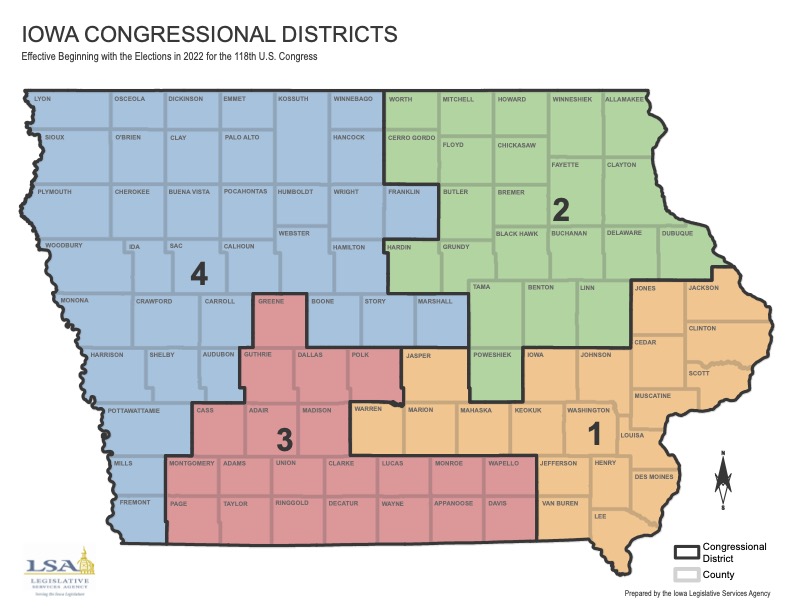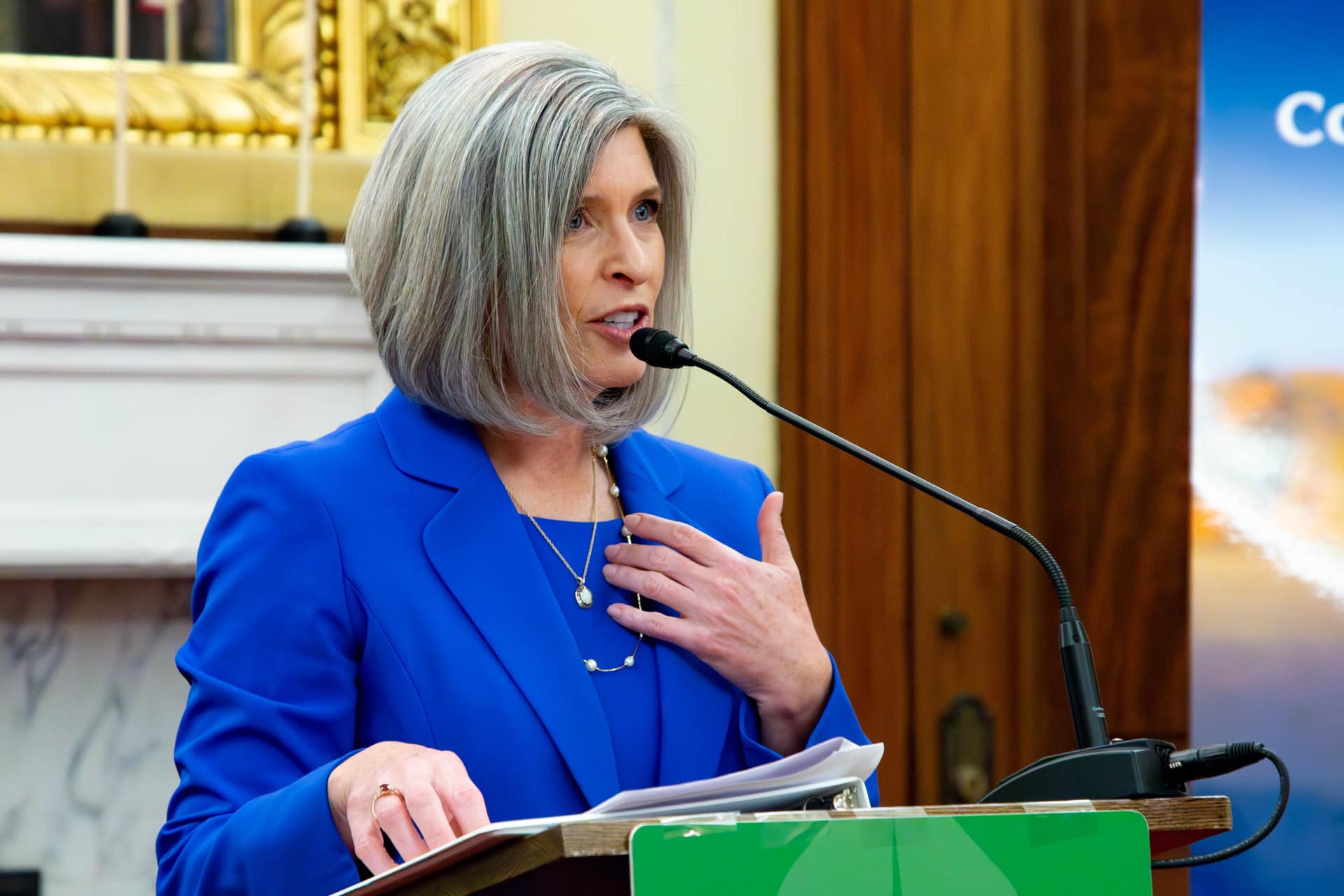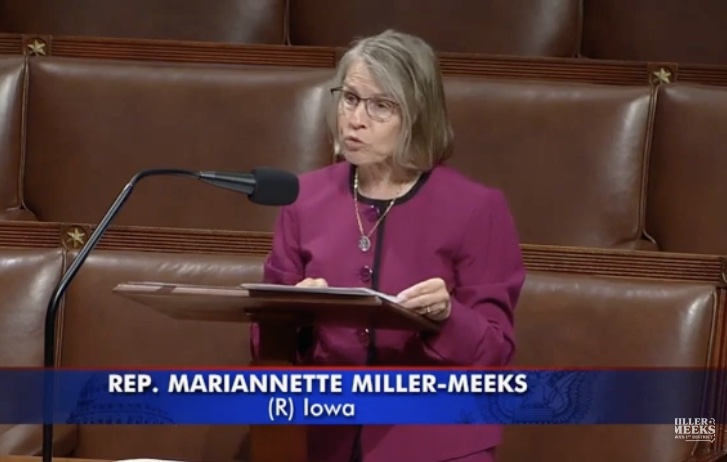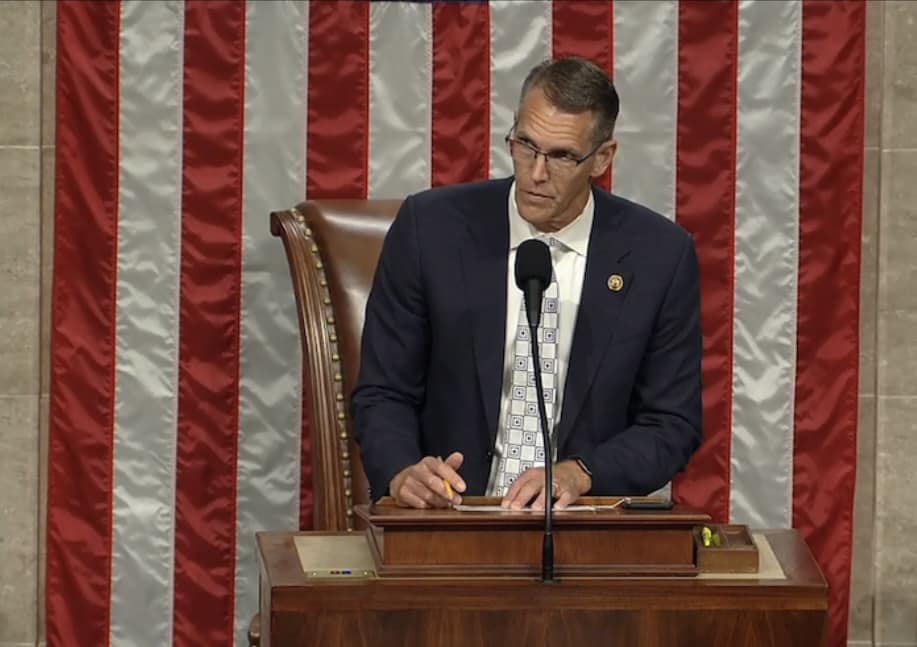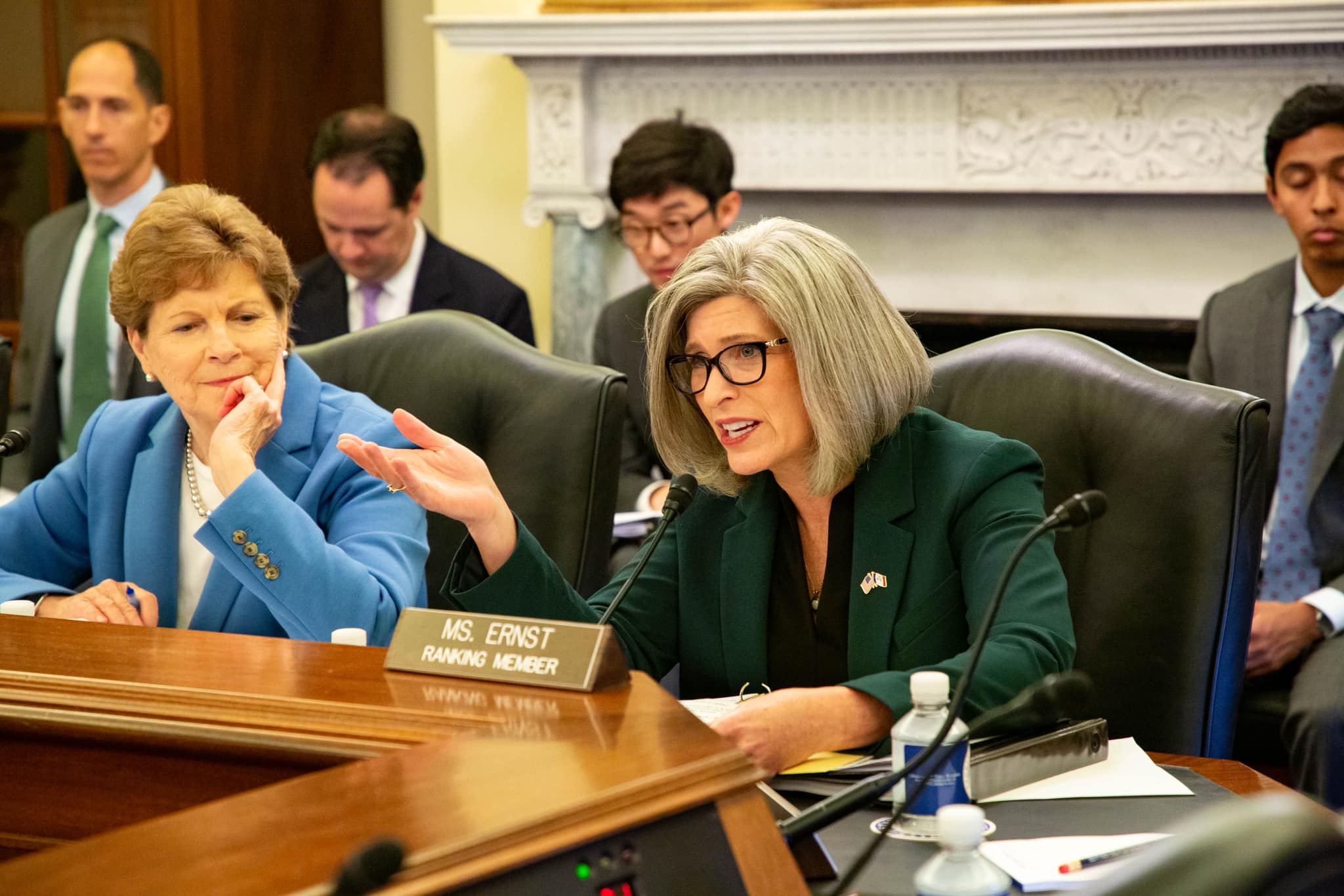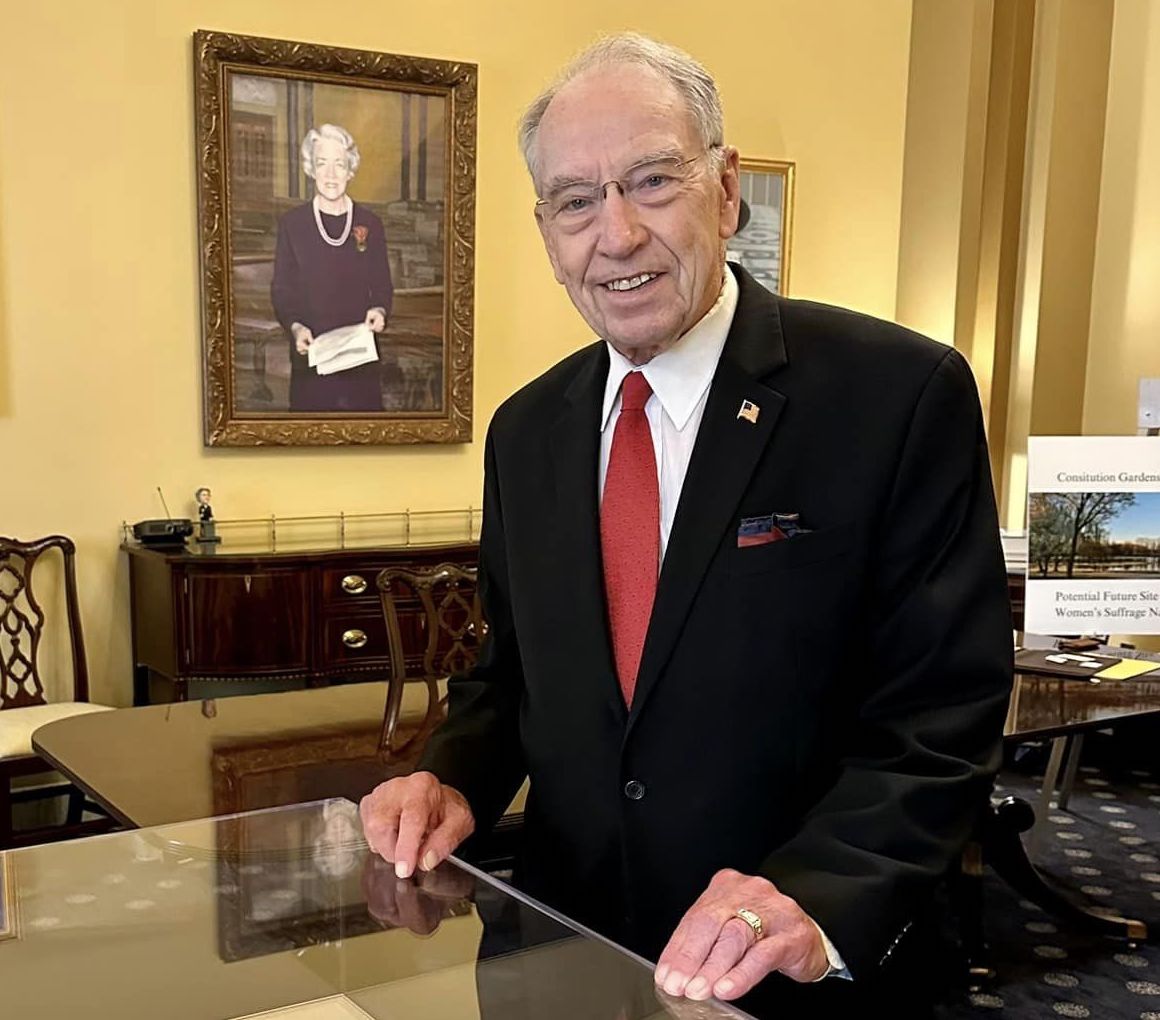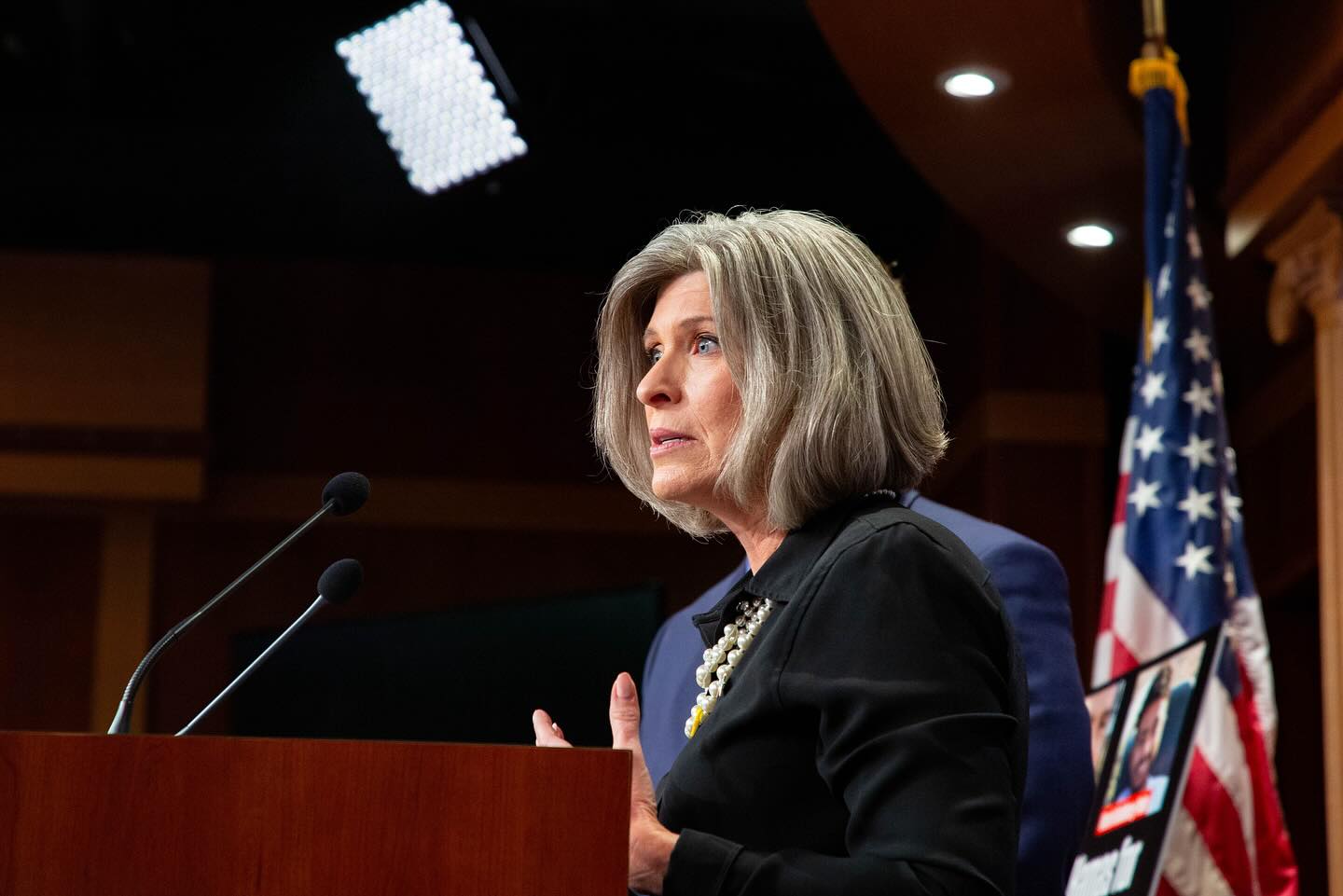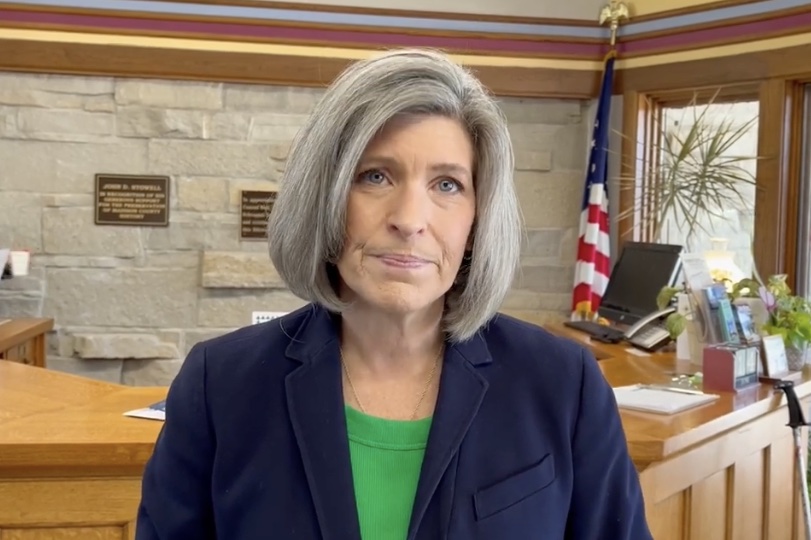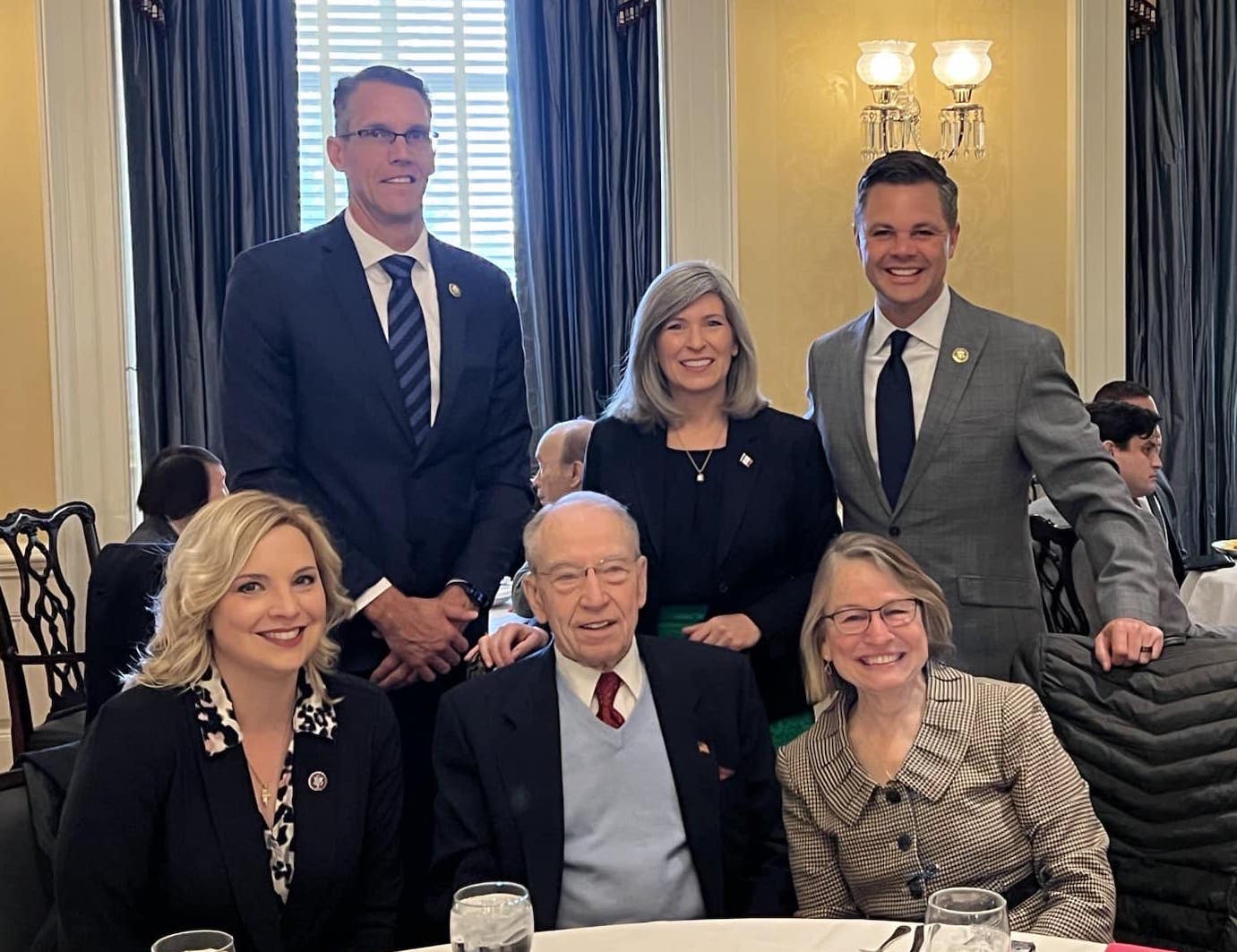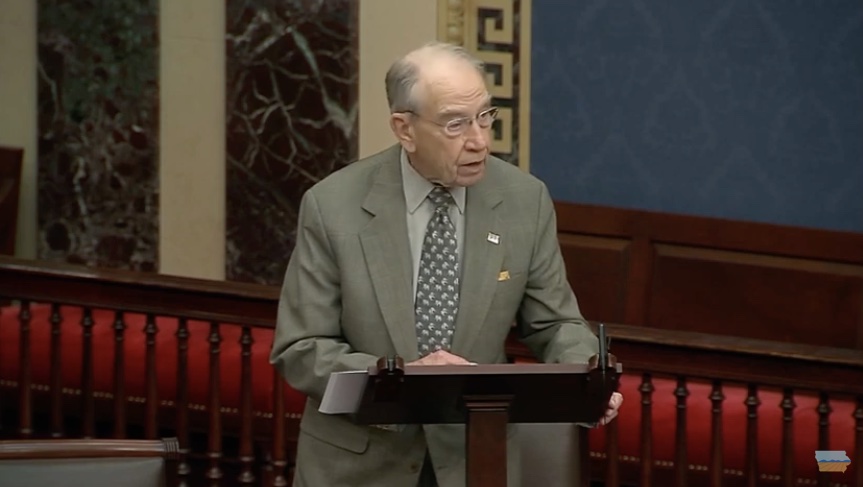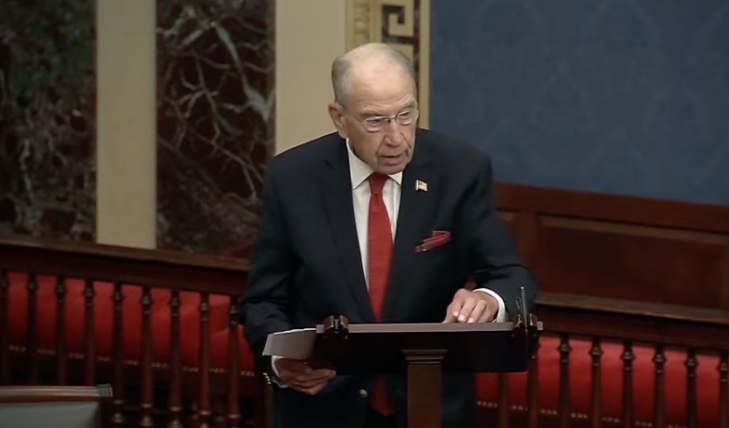We often hear that Iowans like to re-elect their incumbents. But when it comes to members of the U.S. House, Iowa’s office-holders have less job security than many of their peers.
Across the country, voters have re-elected more than 90 percent of U.S. House incumbents in most elections over the past five decades. Here in Iowa, where our four districts are not gerrymandered, challengers defeated two sitting members of Congress in 2018, two in 2020 (one in the primary, one in the general election), and one in 2022.
Incumbents still enjoy inherent advantages in a Congressional campaign: higher name recognition, larger contributions from political action committees, more opportunities to generate news coverage, and an official budget that can fund outreach to constituents. But not all House members use the available tools the same way.
This post, the first in a series, will explore how Representative Mariannette Miller-Meeks has used her office to boost her re-election chances in Iowa’s first Congressional district.
Notably, Miller-Meeks has spent hundreds of thousands of taxpayer dollars on messages to constituents, with much of the spending going through her top campaign vendor. She has also built up goodwill by being one of the chamber’s most frequent floor speakers, and has used the earmark process to help fund projects in her district.
Continue Reading...



